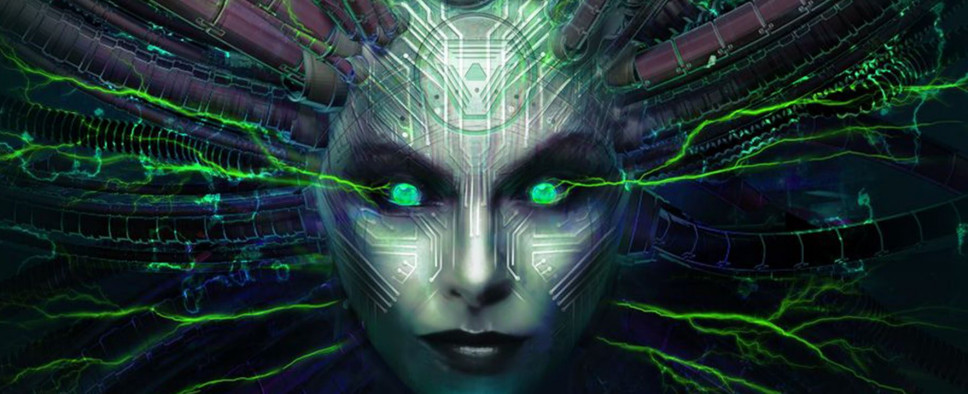System Shock 3 - Warren Spector and Paul Neurath Interview
-
Category: News ArchiveHits: 924

A few weeks back, a pre-alpha trailer for Otherside Entertainment's upcoming System Shock 3 reminded us that the project was still alive and kicking. And now, we can read this Escapist Magazine interview with Warren Spector and Paul Neurath where they primarily discuss their plans to modernize the game while honoring its roots. A few sample paragraphs:
My usual answer when I’m asked about pressure is, ‘No, I’m not really feeling a lot of pressure.’ Even working with Mickey Mouse a few years ago (on Epic Mickey), I didn’t feel much pressure. But this time I really do,” he said. “We’re making a game that has to live up to people’s memories of these games, not the reality. They were great games — there’s no question. But people have embellished them in their minds to the point where it’s a little scary.”
OtherSide wants to retain the original games’ core identities but filter them through modern conveniences and sensibilities. Spector concedes that the series needs to be updated to appeal to modern audiences, but he’s still taking inspiration primarily from the incredibly dense original System Shock.
“The most important thing to me is the pacing,” he said. “It’s not just a straightforward shooter pacing where you run and gun, and move forward like a shark, and inevitably succeed if you keep saving all the time. What System Shock had was pacing more along the lines of stop, see a challenge, or hear a challenge, make a plan, and then execute that plan.”
Neurath remembers the original System Shock‘s impenetrable control scheme with some fondness. “The team would brag that we used every key on the keyboard,” he reminisced. But he thinks the series can be made less convoluted without sacrificing any of its complexity.
“There’s a difference between making the user interface more accessible and lowering the learning curve,” he said. “We never want to dumb down our games. We want to make them challenging. We want to make you really have to think about what you’re doing.”

